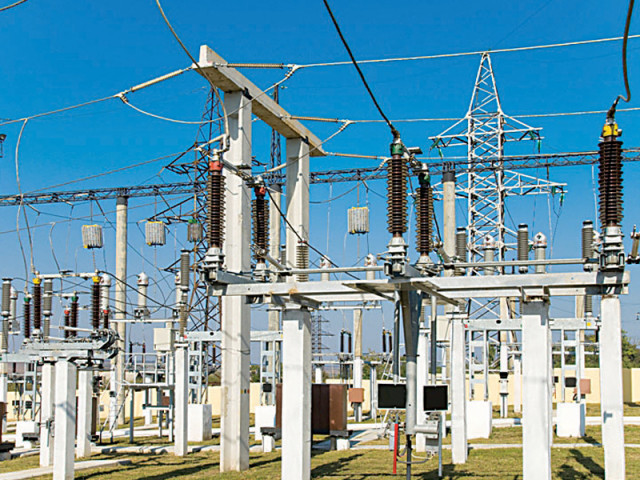Runaway costs: Government planning to privatise Nandipur power project
Private sector will meet financing needs, complete the project.

Private sector will meet financing needs, complete
the project. PHOTO: FILE
According to official documents, the Economic Coordination Committee (ECC) of the cabinet, in a meeting held on June 27, took up this proposal and constituted a task force comprising secretaries of finance, privatisation, law and water and power.
The task force will review the project and make recommendations for swift end of work and start of operations through a special purpose vehicle, which will be utilised for the purpose of privatisation.
The ECC was briefed that the revised PC-1 put the estimated cost of the project at Rs57.38 billion, of which Rs14.73 billion was to be provided by Pakistan Electric Power Company from its own resources and the remaining Rs42.64 billion was to come in shape of debt.

A syndicate of domestic banks has already committed a loan of Rs19.15 billion and the ECC has approved government guarantees for the assistance. The remaining debt of Rs23.49 billion is yet to be arranged – either from domestic or foreign banks.
The ECC has also waived Rs1.729 billion as demurrage and detention charges up to August 31, 2012. However, demurrage and detention charges worth Rs1.002 billion from September 2012 to June 6, 2013 also need to be waived.
In the meeting, the ECC expressed concern over the state of affairs and the massive economic loss caused to the country by undue delay.
The project still needs heavy financing and alternatives like privatisation through a special purpose vehicle may also be explored. This would result in early recovery of the cost with no need for the government to take further loans, the ECC noted.
Regarding the Chinese contractor’s notice of termination of contract, the meeting participants were of the view that a Letter of Comfort may address the contractor’s concerns. Later, it was decided that the Ministry of Finance would issue the letter, assuring the contractor of project completion.
Discussing the demurrage, detention charges and federal excise duty, they stressed that these should be paid, which would increase government revenues.
They agreed that the revised PC-1 should include the cost of damages and detention charges along with federal excise duty. Sovereign guarantee will be issued after the approval of the revised PC-1.
As a result, Rs1.002 billion in demurrage and detention charges and Rs34 million as federal excise duty applicable at the rate of 1% on imported equipment may be made part of the project cost.
The agreement for the project was signed in January 2008 and work started in October of the same year. However, the Law and Justice Division, approached in January 2009 for legal opinion on providing government guarantees, delayed the matter for two years and eight months until October 2011, causing cost and time overrun, representatives of the water and power ministry told the ECC.
Already, 60% work on the project has been completed and negotiations are under way to bring back the contractor.
“In case of a fresh contract, construction work will be further delayed by at least eight months and the cost will escalate. The contractor may also resort to litigation or arbitration,” a ministry official warned.
Published in The Express Tribune, July 4th, 2013.
Like Business on Facebook, follow @TribuneBiz on Twitter to stay informed and join in the conversation.



















COMMENTS
Comments are moderated and generally will be posted if they are on-topic and not abusive.
For more information, please see our Comments FAQ